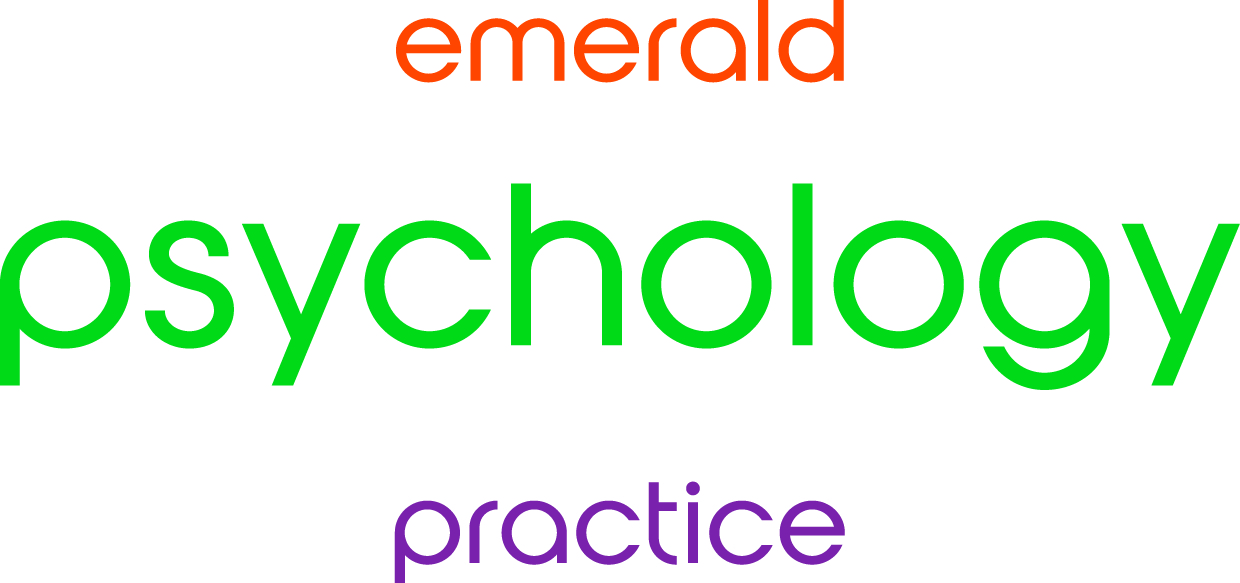Find the Right Mental Health Service for you
Mental Health services can be complex, changeable, and it can be a challenge to find just the right options for a person in a specific situation.
As a result of our lockdown experiences we are seeing an increased demand for mental health services across a range of services, and waiting lists for psychologists have hit record lengths. Consider the range of services that are available to find the services that are the best fit for you. Here are some options to consider while figuring this out, or waiting for the right service to become available.
It’s worth persisting to find out what your needs are and what people, services, or interventions can be helpful to you. Sometimes identifying what the problem is, or what is the change you want, can be an important step towards finding a solution, and is often something that a psychologist can assist with.
When to seek out mental health services?
……for yourself
At times of crisis, when you have severely depressed mood, harmful behaviours, or thoughts of ending your life.
When you are experiencing big changes in behaviours or distressing experiences.
When difficulties are persistent over weeks or months and are disrupting your ability to do your normal work, family, or recreational roles and activities.
When you are not thriving and not satisfied. It’s a good idea to seek mental health or personal development support when you want to be functioning better. You don’t need to be in crisis to benefit from gaining self-awareness and skills that help you to be the person you want to be.
…….for others
When you have a loved on or someone in your care that is showing signs of crisis, risky behaviour, or unusual changes in their behaviour, it is a good idea to support them to seek assistance if you can, or otherwise consult with a healthcare professional to better understand what can be done. In an emergency you can contact crisis services, or consult specialist services for information and guidance.
……..for friends, family, carers
Those providing caring to a person with mental health needs can experience considerable stress themselves, and carers services can be helpful.
Carers Victoria has a phone line as well as links to practical and counselling resources.
https://www.carersvictoria.org.au/
Consider the right match for you, including:
Accessibility
Do you prefer face to face or online services. How far might you need to travel, how often will you need to attend and how much of your time might a mental health intervention require?
Cost
There is a range of public and private services with a mix of costs and funding options. There are many low or no cost options, however they may also have a waiting period, or limits on their services. Private services may cost more, however you may have a much broader choice to select a preferred service provider. Funding for services are often available from medicare, private health insurance, TAC, Workcover, Employee Assistance Programs and NDIS.
Quality of practice
Consider what quality of care you are looking for, and whether treatments are in accordance with evidence based practice and treatment guidelines for specific conditions.
You may like to consider what accreditation, qualifications, or experience a mental health practitioner might have, the may be registered practitioners with the Australian Health Practitioners Registration Agency, they may belong to an association, or may be practitioners without a regulating body.
Some other considerations that ethical practitioners keep in mind are to practice within their area of expertise and experience and place your best interests as a priority. They are happy to consider referral to others services that might be a better match for you, and provide realistic expectations, so they don’t promise unrealistically quick and simple cures.
Relationship with health care provider
The quality of a relationship with a therapist providing mental health interventions, or therapeutic alliance, has been found to be a significant factor in the effectiveness of treatment, and about as important as they type of interventions that are being provided. It is important that you feel comfortable, listened to and respected, that the goals of therapy are developed together, and that review and feedback about how the treatment is sought regularly. It can also be important to have an idea of how long the treatment is estimated to take.
Ask your GP for a recommendation, or other trusted people.
If the first provider is not right for you, don’t give up, try another.
What local face to face services are available?
Community Health Centers
These centers provide a range of helpful physical and mental health services, at low or no cost, by experienced professionals, such as counselling for children, families and adults, physiotherapy, dieticians, podiatry, and diabetes specialists.
Inspiro (Belgrave and Lilydale) 03 9028 0153
EACH Upper Ferntree Gully) 1300 003 224
Monash Health (Pakenham, Cockatoo and Berwick) 1300 342 273
Public Mental Health Services
Important for mental health crisis, severe or complex disorders. Referral via 24 hour Psychiatric Triage phone line.
Eastern Health 1300 721 927
Monash Health 1300 369 012
Private Psychologists and other mental health practitioners
See your GP for a mental health plan for medicare subsidised sessions. Funding can also be available for psychological services for TAC, Workcover, Employee Assistance Programs, Victims of Crime, NDIS
https://www.psychology.org.au/Find-a-Psychologist
Youth mental health service:
(locations in Pakenham and Narre Warren)
What specialist services are available?
(many are now online)
Trauma – Centers against Sexual Assault
Domestic Violence – 1800 RESPECT
https://www.1800respect.org.au/
Relationship Services:
https://www.relationshipsvictoria.com.au/
(locations in Berwick, Cranbourne, and Cranbourne North)
https://relationshipmatters.com.au/
Substance Use
SECADA (South East Drug and Alcohol Services) 1800 142 536
Not for profit associations that specialise in particular mental health difficulties and disorders can provide specialised supports. There are many of these association, some examples:
Autism:
Trauma:
Eating Disorders Victoria:
https://www.eatingdisorders.org.au/
Bereavement from death of a child
https://www.compassionatefriendsvictoria.org.au/
Borderline Personality Disorder:
https://www.bpdfoundation.org.au/
Mental Health Support:
Lived experience and peer educators can be valuable supports. It can be helpful and hopeful to hear from others that have had similar difficult experiences.
SANE Australia is an organisation that provides links to lived experienced stories and services.
When you need someone to talk to now…….
If risk of harm is significant please consider whether emergency or crisis services are needed:
Calling ambulance or attending the local Emergency Department
Local psychiatric triage 24-hour phone services:
Eastern Health 1300 721 927
Monash Health 1300 369 012
Gippsland 1300 363 322
Domestic Violence 24 hours phone line 1800 737 732
Consider online and phone services that are available to provide professional mental health support, some are staffed 24 hours, and some also have online chats and other useful information.
Lifeline 131 114
Beyond Blue 1300 22 4636
Suicide Call back line 1300 659 467
Mens Line Australia 1300 789 978
Kids Helpline 1800 551 800
When you have to wait for a service……
While it is important to receive the individual professional service that you need, please see this list of resources and strategies that may be useful at when there is a delay accessing this.
Reducing your stress and demands by taking time of work or asking for help from family or friends. Your GP is likely to assist you with a medical certificate to take sick leave from work if needed.
Make an additional time to check in with existing supports, helpful friends and family, existing services, or your GP.
Consider online courses from evidence-based providers, such as:
https://mindspot.org.au/course-finder
Katerina Volny, Emerald Psychology Practice

